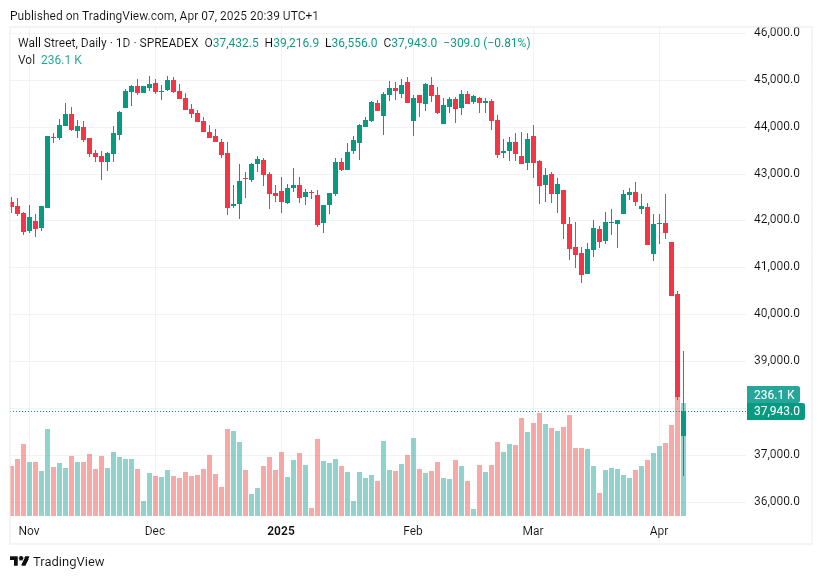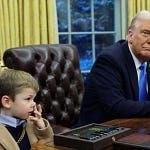In a powerful and candid address delivered at Hamilton College, former President Barack Obama broke his recent silence to issue a dire warning ⚠️ about the health of American democracy. Speaking with a sense of urgency, Obama articulated a deep concern that foundational democratic principles—once held as sacrosanct by both major parties—are now unraveling under the weight of political polarization, tribalism, and authoritarian tendencies. His remarks, reported by the MeidasTouch Network (MTN) under the headline “Obama BREAKS HIS SILENCE and TORCHES Trump,” represent one of his most direct and expansive critiques of former President Donald Trump and the broader erosion of democratic norms.
A Vanishing Consensus on Democratic Norms
Obama began by reflecting on the post-World War II era, when despite deep ideological differences, there remained a shared reverence for the “rules of the game”—the rule of law, an independent judiciary, the separation of powers, and civil liberties like free speech and freedom of worship.
“There was a broad consensus between Democrats, Republicans, conservatives, liberals around a certain set of rules where we settle our differences... that there was a creed that we all stuck to,” he said.
But that consensus, Obama lamented, has “eroded.” He attributed this breakdown in part to a growing distrust in government institutions, increasing political tribalism, and the collapse of a shared information environment.
Trump-Era Actions as Antithetical to American Values
While acknowledging policy disagreements as part of a healthy democracy, Obama’s central concern lies with actions from the Trump administration that he views as fundamentally undemocratic.
He cited examples like threatening universities that defend student protestors, or efforts to intimidate law firms into abandoning clients who challenge government policies. He warned these are not normal political disputes but dangerous breaches of democratic norms.
“Imagine if I had done any of this,” Obama said, envisioning the backlash he would have faced had he, for instance, revoked Fox News’ White House press credentials or barred opposing legal firms from federal buildings.
He stressed these aren’t just partisan critiques, but reflections on what kind of country Americans want to be:
“This has to do with something more precious, which is who are we as a country and what values do we stand for?”
Democracy Is Not an Abstraction—It’s About to ‘Affect the Price of Eggs’
Challenging the notion that democratic principles are distant from everyday life, Obama argued that their erosion has real economic and social consequences.
“People tend to think, ‘ah democracy, rule of law, independent judiciary, freedom of the press—that's all abstract stuff because it's not affecting the price of eggs.’ Well, you know what, it's about to affect the price of eggs,” he warned.
A rules-based society, he asserted, is essential for fairness, economic stability, and freedom from fear and corruption. Without it, the entire system begins to collapse—both morally and materially.
The Citizen’s Role: ‘The Most Important Office’
Obama made clear that reversing this trend is not just the job of politicians—it is the duty of every American.
“The most important office in this democracy is the citizen—the ordinary person who says, ‘No, that’s not right.’”
He stressed that many citizens have grown complacent, assuming the rights and protections they enjoy are self-sustaining. But in truth, democratic freedoms require active defense, and sometimes, personal sacrifice.
“Now we're at one of those moments where you know what—it's not enough just to say you're for something. You may actually have to do something, and possibly sacrifice a little bit.”
Free Speech on Campus: A Litmus Test for Democratic Maturity
Obama also addressed what he sees as troubling trends on university campuses, where some students have sought to cancel or shout down controversial speakers. While acknowledging that some ideas may be offensive or even harmful, he firmly defended the principle of open debate.
“The idea of cancelling a speaker who comes to your campus... that’s not what universities should be about. That’s not what America should be about. You let them speak—and then you tell them why they’re wrong. That’s how you win the argument.”
He challenged students to build intellectual resilience, warning that shielding oneself from opposing views ultimately weakens the fabric of democracy.
A Shared Responsibility Across the Political Spectrum
Obama didn’t absolve Democrats or liberals from criticism either, admitting that “we've all been guilty” at times of failing to live up to democratic ideals.
“Some of these principles are ones in which it's not just one side or the other that hasn't been true to... our founding principles. I think in some cases we've all been guilty of it—some more than others.”
This introspective note served as a broader call for national self-reflection and unity in purpose. While he was sharply critical of the Trump era, Obama insisted that restoring democratic health requires humility and cooperation from all sides.
Conclusion: A Warning, A Challenge, A Hope
Obama’s remarks cut through the usual noise of political discourse. They were not just a rebuke of his successor, but a moral reckoning for the entire nation. He warned that the stakes are real—that the loss of democratic norms isn’t just about abstract principles, but about the kind of country future generations will inherit.
At a time when many Americans feel disillusioned and powerless, Obama’s message was both sobering and empowering: Democracy is fragile, but it is still in our hands.
“The most important office in this democracy is the citizen.”
And now, he argued, it’s time for those citizens to rise to the moment.
This article was based on reporting from the MeidasTouch Network (MTN) and excerpts from President Obama’s remarks at Hamilton College on April 6, 2025.
🔚
























Share this post